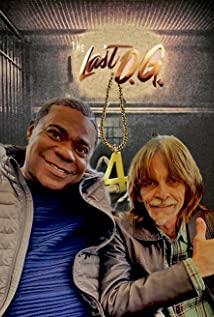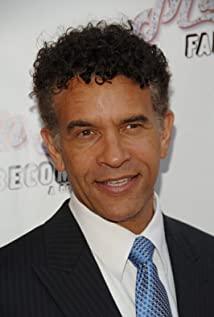This show is the text I long for, a new chapter in the political theology of the age of digital capitalism.
Elliot's mind awake, body asleep chant points to the new frontier of cognitive capitalism: the mind is the new proletariat, the body is more than asleep, it is fucking dead, the body is the appropriated ecology and his waste dumped by big companies The father who killed him--the human body and extra human nature.
The main line of Mr. Robot is not that the father-body returns to haunt the son-mind, so this show is not fight club, its front text is Hamlet, Eliot also Call yourself Moses. It's really interesting why it's the younger brother who gets nervous and the girls do the revolutionary work. Moses' sister Miriam is always doing real things.
Eric Santer's new book covers the evolution from sovereignty to popular sovereignty to everyone's business.
So Hamlet is from the decline of the king's twin, Mr.Robot depicts the formation of the proletarian twin: the appropriated material body (human and nonhuman) and the exploited mind (still part of the body)
Mr.Robot is everyone's fucking business glorification or insurgence, it's hard to say.
Why is it hard to say, it has something to do with the positioning of culture/art. Arendt thinks these two are different, so I will mix them first.
The show's "references" to cultural capital have gone crazy, from Dominican surrealist to soviet composer. Insanely amazing gallery and soundtrack in each and every fucking episode. Dope. If this show is clearly an uprising imaginary of immaterial labor/labor in the age of digital-cognitive capitalism, where is the "cultural industry"? What is the position of the play itself as a product produced by the cultural industry? The golden chains that the proletariat has built for themselves have grown up enough that even the proletariat has played games of high culture? Or, on a more explicitly dystopian note, the capital plays the games of culture in the name of the proletariat? Can the proletariat speak, or, do the fucking art that goes beyond actual fucking? Is
there any (real) art that is not mass entertainment and non-symbolic capital? Is it also a liability? How should such debts be repaid and cleared? The two girls in the play seem to have borrowed debts from their families to learn ballet, and I was attracted to this play because of the "fan" that was created with money, using money to build a "fan" to imagine revolution? We must be fucking crazy.
View more about eps2.0_unm4sk-pt1.tc reviews











